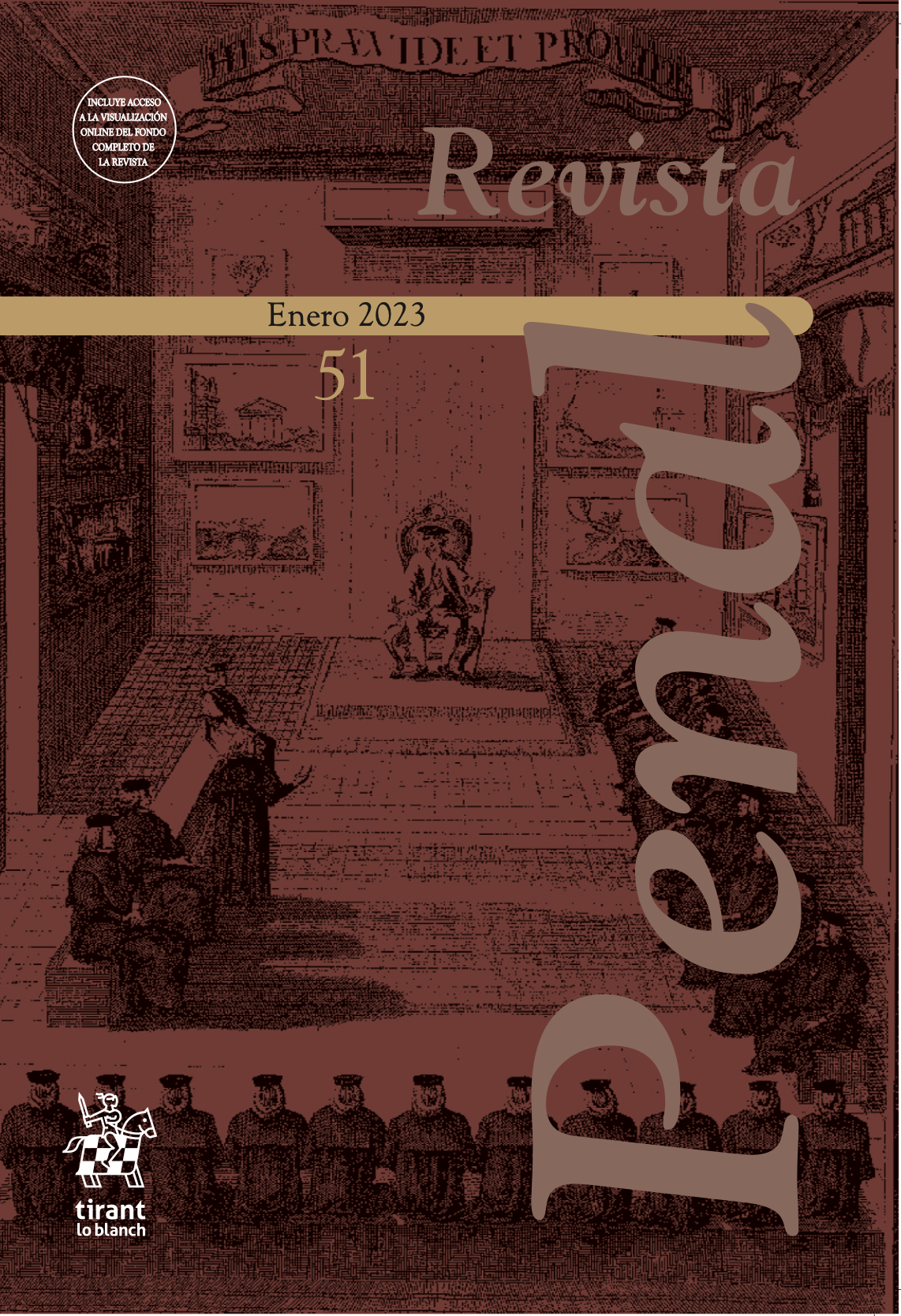Criminal law and corrupted politicians. Contradictions of the Spanish solution through the jurisprudence of the Supreme Court of Justice of the United States
Keywords:
political corruption, bribery, political logroll, quid pro quo, campaign finance, lobbyingAbstract
To configure a criminal sanction of political corruption is not easy. If we agree that bribery is corruption, it becomes difficult to distinguish, on one side, the political logroll, the seek for votes or campaign finance in exchange for political acts and, on the other, criminal behaviors. The criteria adopted by the Supreme Court of Justice of the Uni-ted States of America with this regard has been long debated by scholars. In Spain, the legislative catch-all approach to criminal bribery seems to be the result a lack of reflection on the issue. Notwithstanding, Spanish Courts have created an autonomous concept of political bribery built on a broad interpretation of existing criminal anti-bribery law. The lack of proportionality of the resulting bribery statute, demands an urgent reaction from the legislative branch that could take into account the solutions given by German or Italian criminal code.



